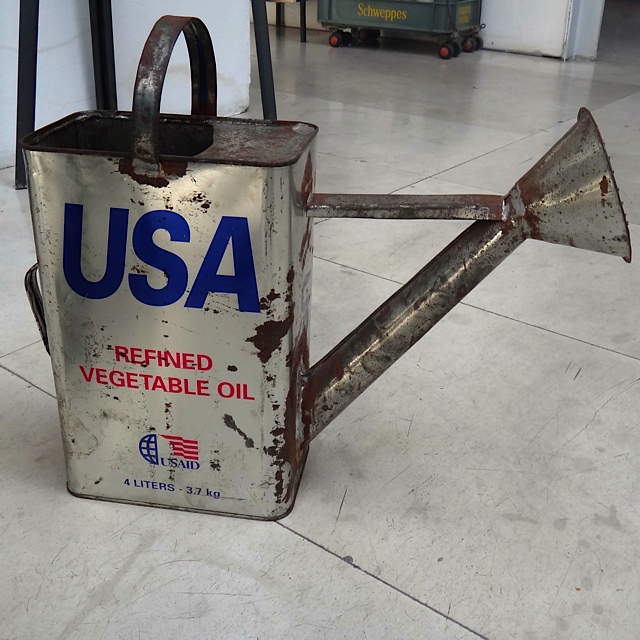
More Improvisation Needed
If you thought Washington’s ongoing political dysfunction was unrivaled, think again. There are any number of running political stalemates on the European side of the Atlantic. They don’t get the attention that the impasse in Washington has recently garnered, but one in particular, in Bosnia-Herzogovina, may be just as intractable as the no-holds-barred struggle between America’s Democrats and Republicans.
During a recent visit to Bosnia, I was struck by how much all political stalemates resemble each other. An absence of trust, lack of incentives for compromise, and institutional drivers promoting ever greater separation of the parties in dispute. In Bosnia, the 1995 ceasefire and Dayton peace accord essentially partitioned the territory of Bosnia-Herzegovina into three states — Serbian, Croatian and Bosnian Muslim (Bosniak). Political power in these statelets has been reserved for each state’s largest ethnic group. Republika Srpska is run by Serbs alone, Herzegovina only by Croats, and the Bosniak majority in the remainder of the country firmly controls decision making there.
Is this not majority rule, you say? Of course it is, but the genius of democracy, when it works, is to respect minorities as well, to integrate them into the political process and ensure a fair consideration of their views. Dayton has a section — Annex Seven — that allows displaced persons to return to lands they were driven from in war, and to have their ethnicity recognized and respected. But that clause was being cited, on the day I was in Sarajevo, to demand separate instruction for Bosniaks returning to a village with a Serb majority. Such demands, though technically correct, lose sight of the fact that the goal of education is to broaden minds, not narrow them.
Bosnia-Herzegovina was always a crazy quilt of different ethnic groups and religions and, thankfully, the odious ethnic cleansing of the 1992-95 war could not destroy that. But the way to honor that diversity is not through an absurd atomization of political jurisdictions (there are, for example ministers of education for 14 separate jurisdictions in Bosnia-Herzegovina), but to include minorities more actively in a community’s education.
Bosnia’s precarious stalemate is underlined by the fact that in the country’s census next month, citizenship takes a back seat to ethnicity. Citizens of Bosnia will not be given the chance to refer to themselves as “Bosnian,” but must choose between “Bosniak,” “Serb,” or “Croat.” How will the 3.8 million people of Bosnia-Herzegovina ever become a unified country if citizens cannot refer to themselves as “Bosnians?”
Americans may not be facing the same degree of political dysfunction, but after this week’s events in Washington, can anyone say that we have not allowed our country to be Balkanized in its own way? As Tom Friedman, quoting Charlie Cook, notes, the redrawing of political boundaries — congressional districts — by Republicans in 2010 created more “safe, lily-white ones…While the [United States] continues to grow more racially diverse, the average Republican district continues to get even whiter.”
The West’s support for reconstruction and democratic development in Bosnia has been premised on our behavior at home offering a model in what to do. Lately, however, it appears that the model followed at home is, in fact, Balkan.